10 Best Organic Fertilizers for Thriving Summer Gardens
Using organic fertilizers in your summer garden helps keep plants healthy and thriving during the hottest months. These natural options improve soil quality, support strong root growth, and provide essential nutrients without harmful chemicals. Choosing the right organic fertilizers can make a noticeable difference in your garden’s overall health and productivity throughout the summer season.
This post may contain affiliate links, which helps keep this content free. Please read our disclosure for more info.
Compost

Compost is one of the best natural fertilizers for summer gardening. It improves soil structure and adds a rich mix of nutrients that plants need during hot months. Using compost helps retain moisture in the soil, which is important when the sun is strong and temperatures are high. It encourages healthy root growth and supports beneficial microbes that keep plants strong and disease-resistant.
Applying compost regularly can also reduce the need for chemical fertilizers, making your garden safer for pollinators like bees and butterflies. It breaks down slowly, giving plants a steady supply of nutrients over time. Gardeners find compost useful for almost all summer plants, from vegetables to flowers.
Worm Castings
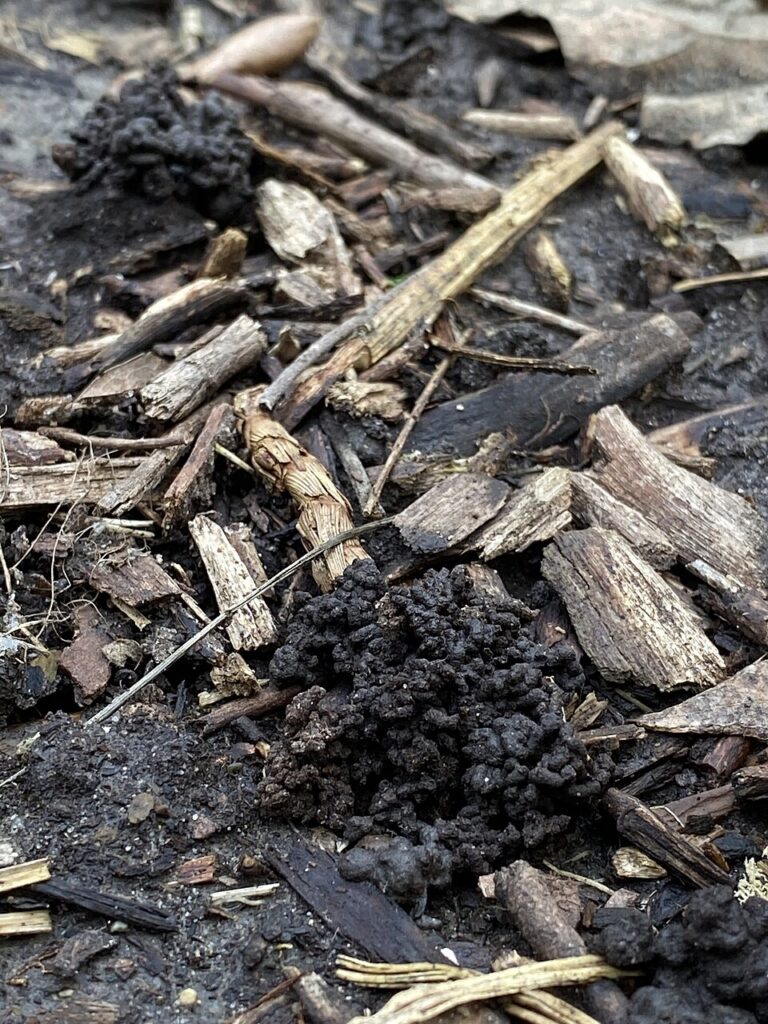
Worm castings, sometimes called vermicompost, are the nutrient-rich droppings of earthworms. They contain essential nutrients and natural growth stimulants that help plants grow faster and healthier. Because they improve soil aeration and water retention, worm castings are ideal for summer gardens where water conservation matters.
This organic fertilizer encourages strong root systems and boosts a plant’s ability to resist heat stress. It also introduces helpful microorganisms to the soil, which support nutrient uptake. Many gardeners use worm castings as a top dressing or mix them into potting soil for an extra nutrient lift during summer.
Coffee Grounds
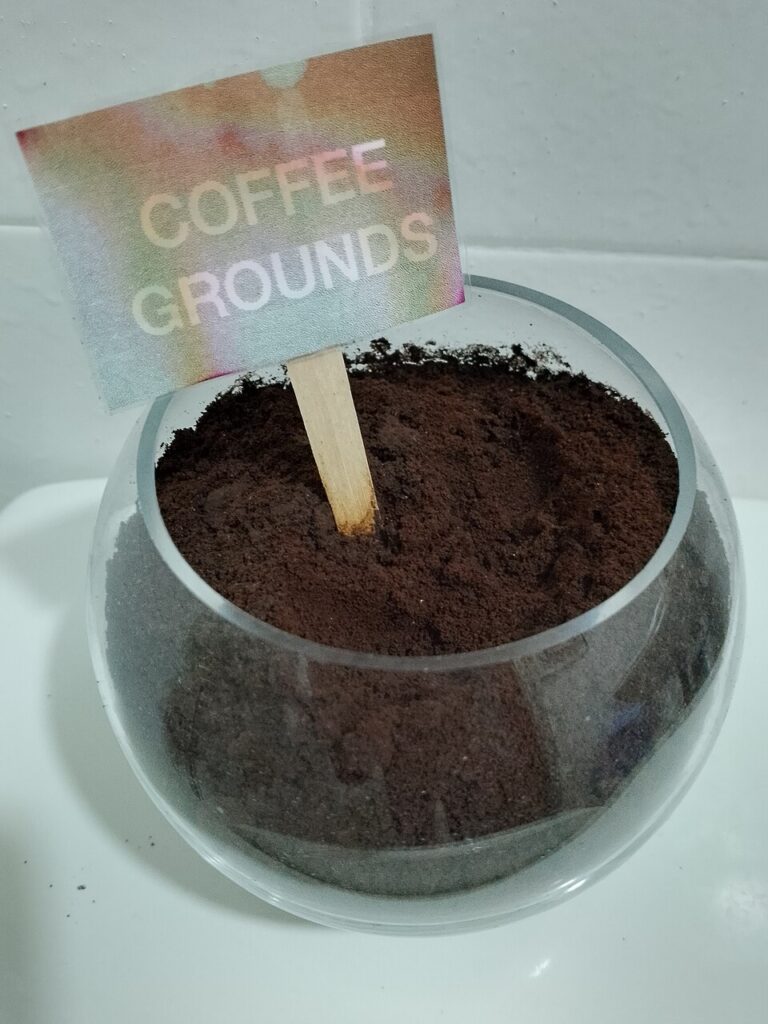
Coffee grounds are a popular and eco-friendly option for fertilizing summer gardens. They are rich in nitrogen, which is essential for healthy leaf and stem growth. When added to the soil, coffee grounds help improve soil structure, increase earthworm activity, and enhance drainage. They also add organic matter, which nourishes beneficial soil organisms that promote plant health.
In addition to their nitrogen content, coffee grounds provide trace minerals and antioxidants that plants need to grow strong and vibrant. They can be sprinkled directly onto the soil or composted to create a slow-release fertilizer. Coffee grounds also help maintain soil pH levels, which benefits acid-loving plants such as tomatoes, blueberries, and roses.
Epsom Salt
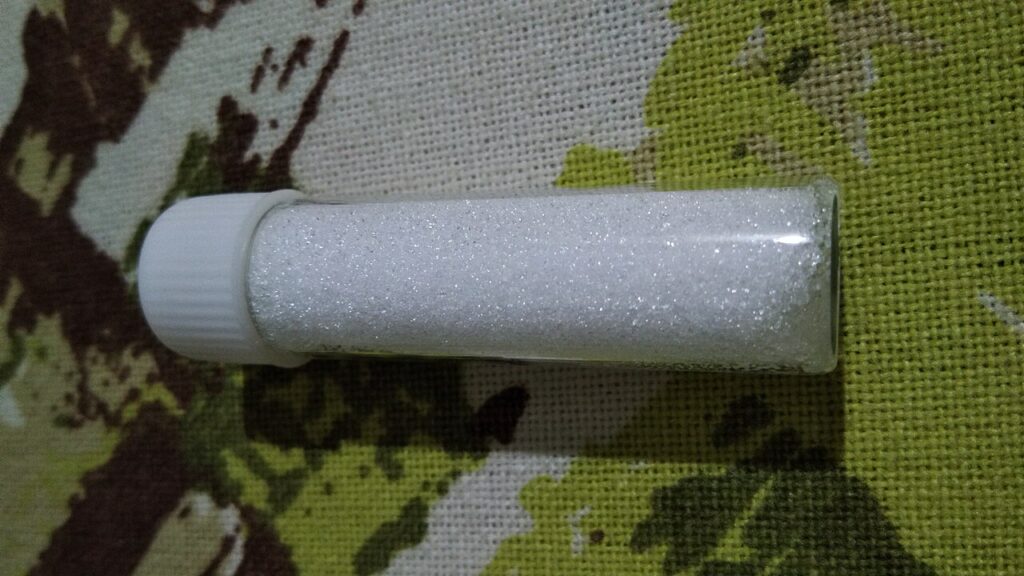
Epsom salt, made of magnesium sulfate, is a great organic fertilizer for summer gardening. Magnesium is an essential nutrient for plants, as it helps them produce chlorophyll, which is needed for photosynthesis. Epsom salt can be especially helpful for plants showing signs of yellowing leaves or slow growth, as it provides a quick source of magnesium to boost their overall health.
When used in moderation, Epsom salt can improve soil structure and promote flowering and fruiting. It can be dissolved in water and used as a foliar spray or mixed into the soil at the base of plants. Epsom salt is particularly beneficial for vegetables like tomatoes, peppers, and cucumbers, as it helps them grow strong and produce better yields during the hot summer months.
Molasses
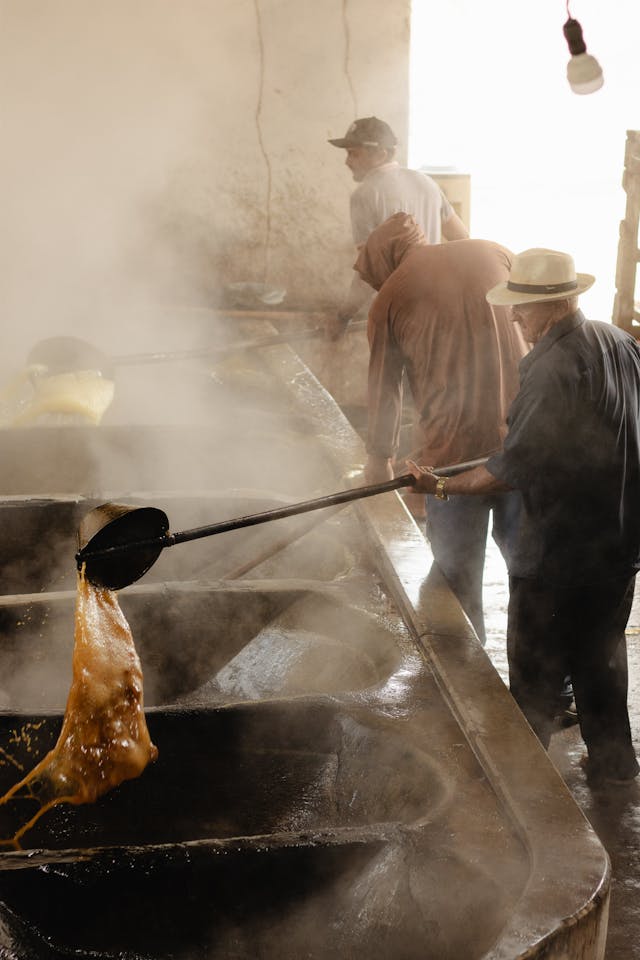
Molasses is a byproduct of sugar production and can be used as a fertilizer additive. It feeds beneficial soil microbes that help break down organic matter and release nutrients plants can absorb. During summer, this helps maintain healthy soil and supports plant growth under stress.
Adding molasses to compost or soil encourages microbial activity, which improves nutrient availability. It also provides a quick energy source for soil organisms, making fertilizer use more effective. Molasses is often mixed with water and applied as a soil drench.
Bone Meal
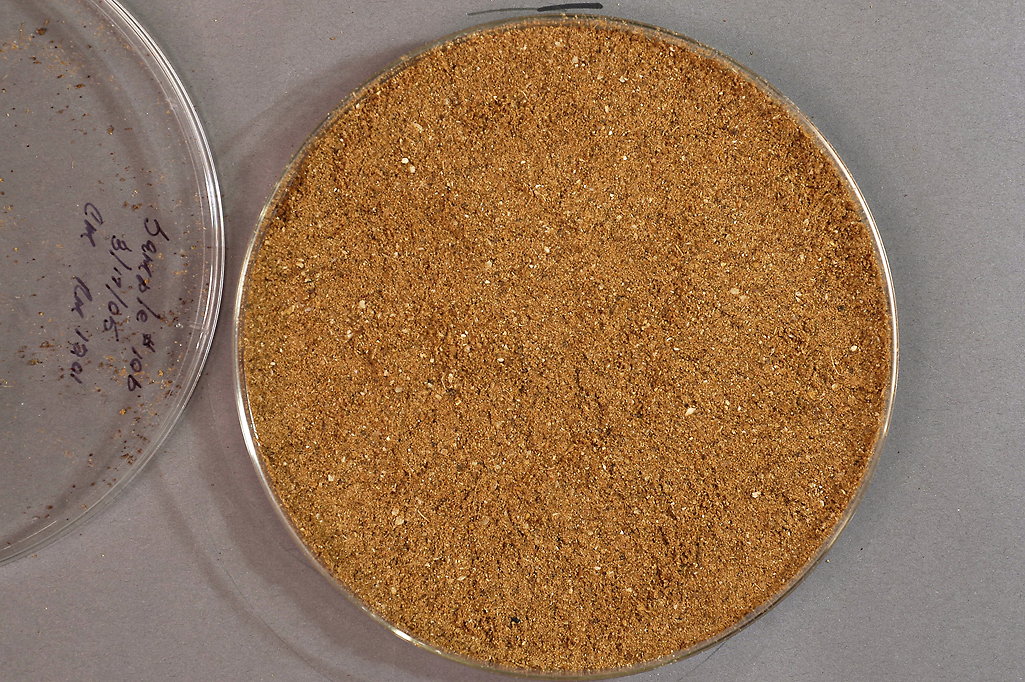
Bone meal is a slow-release fertilizer made from ground animal bones. It is high in phosphorus, which supports strong root development and flower production during summer. This makes it an excellent choice for flowering plants and fruiting vegetables.
Bone meal also adds calcium to the soil, improving its structure and helping plants withstand heat stress. It breaks down gradually, offering steady nourishment throughout the season. Gardeners often mix bone meal into planting holes or topdress beds before summer planting begins.
Bat Guano
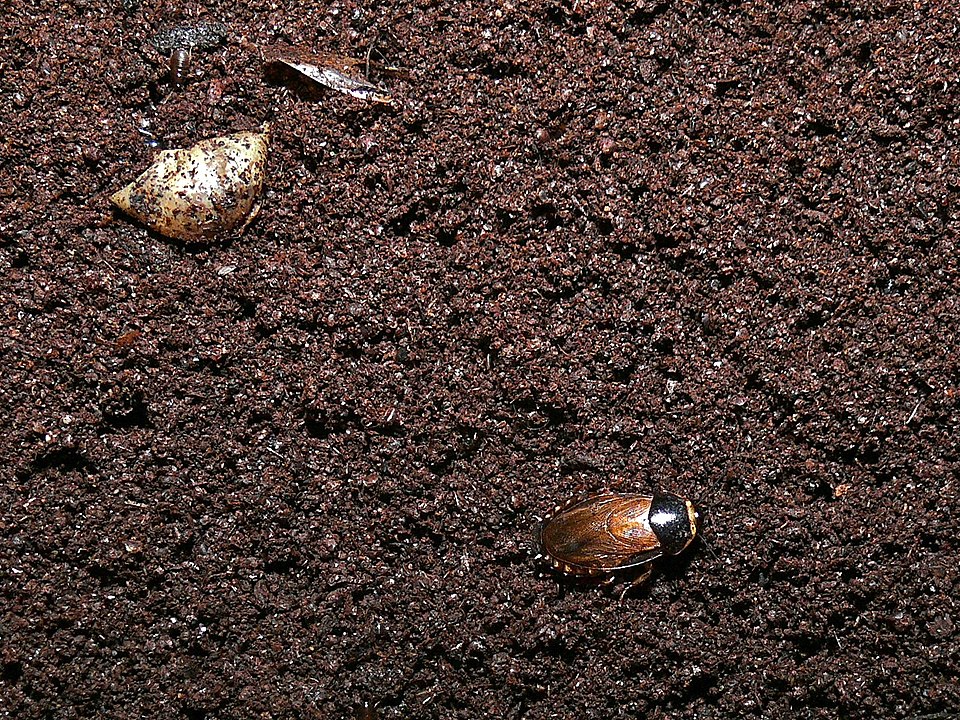
Bat guano is a natural fertilizer made from the droppings of bats, packed with nitrogen, phosphorus, and potassium. This fertilizer is rich in essential nutrients that support plant growth, making it ideal for summer gardening. It is especially useful for flowering and fruiting plants, as it encourages larger blooms and more abundant fruit production.
In addition to the basic nutrients, bat guano also contains beneficial microbes that help break down organic material in the soil. This promotes a healthier growing environment by increasing the availability of nutrients for plants. Bat guano is typically used as a soil amendment or top dressing and works well for both vegetables and ornamental plants during the summer.
Mushroom Compost
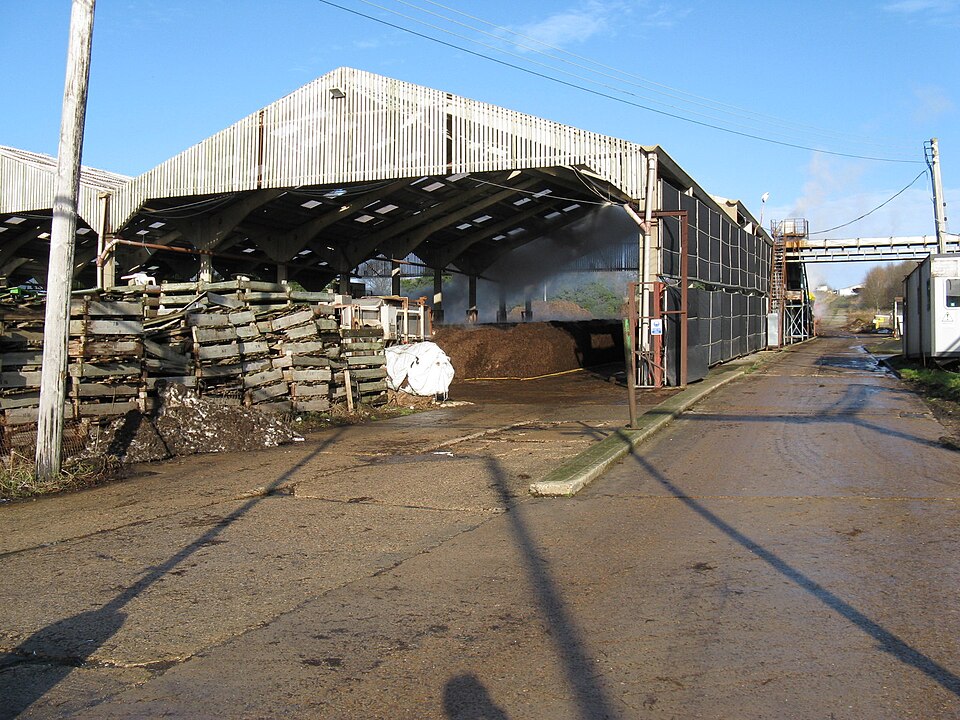
Mushroom compost is the leftover material from mushroom farming, made of decomposed organic matter. It improves soil texture, increases moisture retention, and adds nutrients that support summer plant growth. This compost helps plants stay hydrated and healthy during dry, hot spells.
Gardeners use mushroom compost to enrich flower beds, vegetable gardens, and lawns. It encourages strong root systems and can reduce soil-borne diseases. Because it is well-balanced, it works well for many kinds of plants during the summer months.
Manure
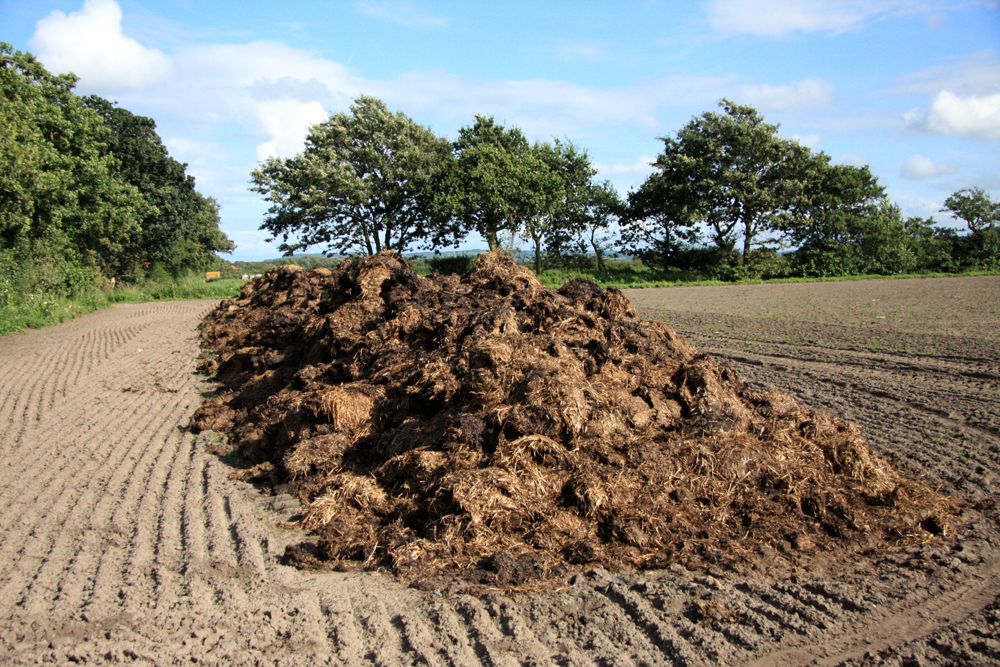
Well-aged manure from animals such as cows, horses, or chickens is a classic organic fertilizer. It adds nitrogen, phosphorus, and potassium, which are vital for plant growth in summer. Manure improves soil texture and moisture retention, helping plants endure heat.
Aged manure releases nutrients slowly, reducing the risk of burning plants. It also encourages beneficial soil organisms that break down organic matter. Gardeners should make sure manure is fully composted to avoid introducing weeds or pathogens.
Green Manure
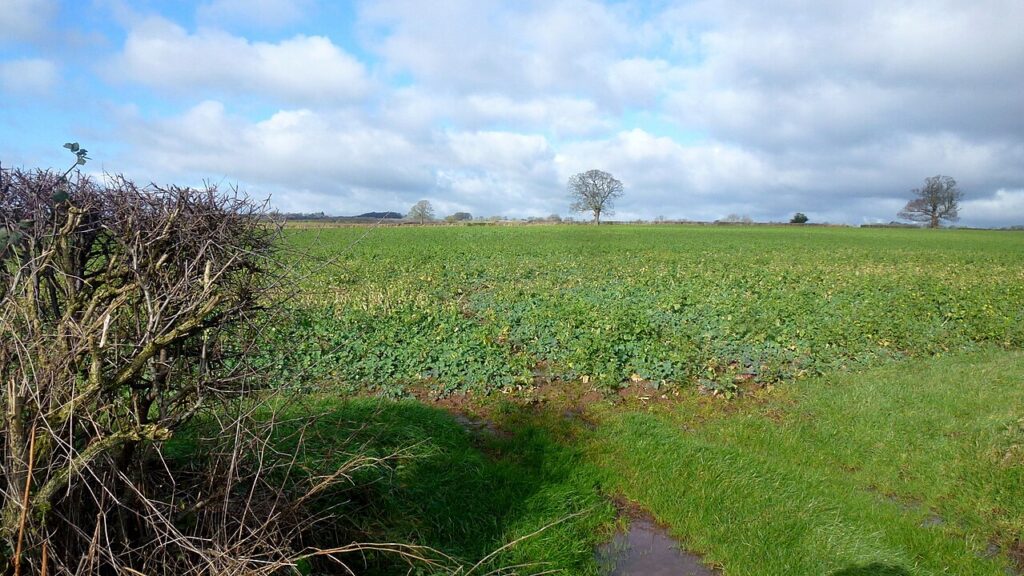
Green manure refers to cover crops grown specifically to be tilled back into the soil. These plants, like clover or rye, add organic matter and nutrients to the soil. Growing green manure during the off-season or between summer crops helps improve soil fertility and moisture.
Incorporating green manure into summer gardening can reduce the need for extra fertilizers. It helps keep soil loose and healthy, which supports plant roots and water absorption. Green manure also prevents soil erosion during heavy summer rains.
This article originally appeared on Avocadu.
